To celebrate Biomedical Science Awareness Day on Wednesday 19th July, Biomedical Science lecturer Ian Davies reflects upon the identity of the profession and their role in healthcare.
“So what’s that?” “Just like Prime Suspect” “Ugh, you do what?!” – just some of the responses I have had when conversations turn to careers and education. Despite being a biomedical scientist for over 20 years, amongst 23,000 registered by the Health and Care Professions Council (HCPC) within the UK, it can still be difficult to clearly explain what we do and why we do it.
Being a biomedical sci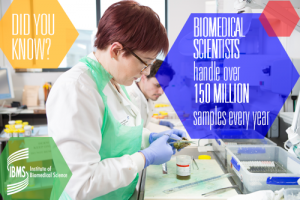 entist brings together a unique mix of laboratory skills, scientific and clinical knowledge and patient-centred professional practice and focuses them upon investigating the body’s response to disease. Clinically this could be in the diagnosis and monitoring of disease, in research though uncovering the detail of disease processes (often at the genomic level) or in the development and production of new diagnostic tools or interventions. It’s not just humans either – our ‘patients’ range from flasks of cell culture disease models to the entire range of species encountered by veterinary laboratories. It goes further still – the transferrable skills of biomedical science graduates are well utilised across a wide range of life science and education professions where their ability to integrate knowledge and apply it in a professional and innovative way are prized assets.
entist brings together a unique mix of laboratory skills, scientific and clinical knowledge and patient-centred professional practice and focuses them upon investigating the body’s response to disease. Clinically this could be in the diagnosis and monitoring of disease, in research though uncovering the detail of disease processes (often at the genomic level) or in the development and production of new diagnostic tools or interventions. It’s not just humans either – our ‘patients’ range from flasks of cell culture disease models to the entire range of species encountered by veterinary laboratories. It goes further still – the transferrable skills of biomedical science graduates are well utilised across a wide range of life science and education professions where their ability to integrate knowledge and apply it in a professional and innovative way are prized assets.
Biomedical Science Awareness Day takes place on Wednesday 19th July, the anniversary of the birth of Albert Norman MBE, founder of the Institute of Biomedical Science. In 1912 Albert was fundamental in the formation of the “Pathological and Bacteriological Laboratory Assistants Association (PBLAA)” which aimed to bring communication, advancements of practice and development of methods and techniques to the growing workforce of “unskilled menials” working in early emerging pathology laboratories. Over 100 years later the association, now the Institute of Biomedical Science, is the focus of our professional identity, the workforce is highly educated and skilled, and its practitioners contribute significantly to the scientific community within the NHS. Continue reading


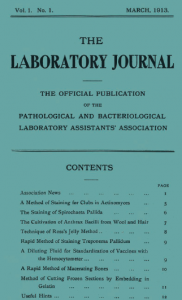
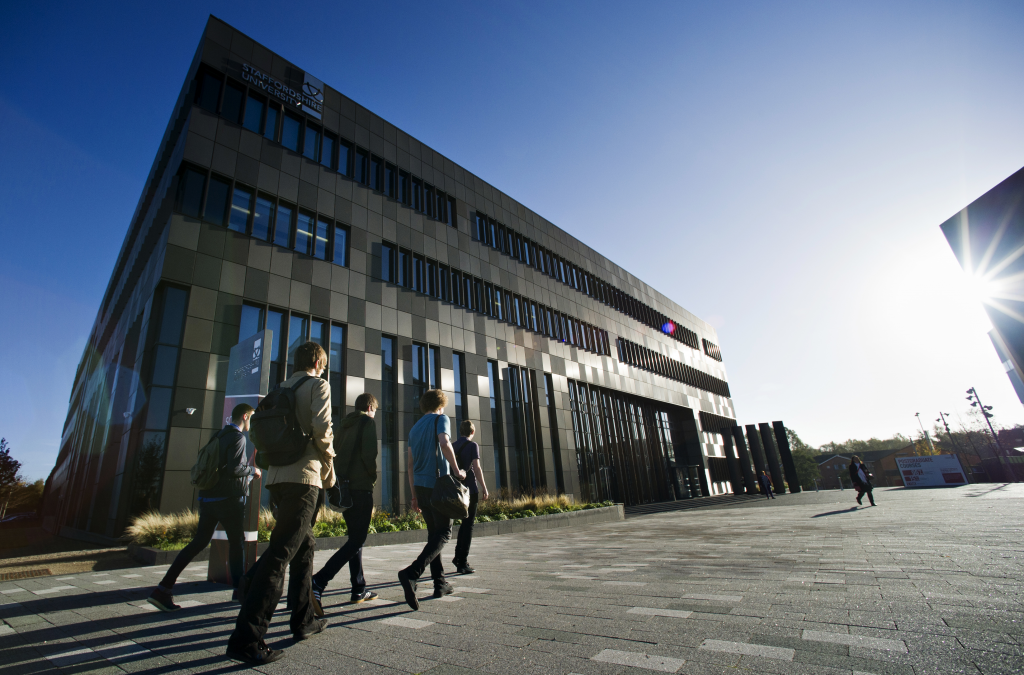
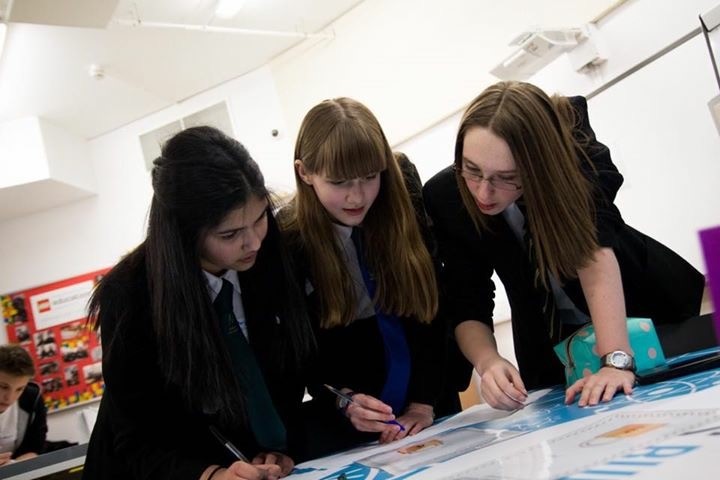 Our Education academics regularly work with Schools and Colleges on projects to enhance the learning experience of students and promote their progression into further study and work.
Our Education academics regularly work with Schools and Colleges on projects to enhance the learning experience of students and promote their progression into further study and work.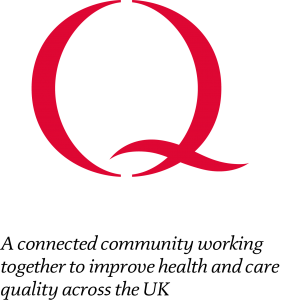
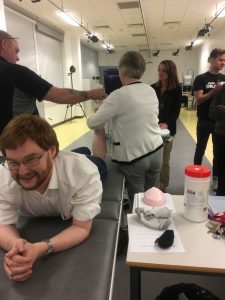 From the 4th– 6th May we saw the 15th consecutive version of this international conference take place at Staffordshire University, hosted by Professor Nachiappan Chockalingam.
From the 4th– 6th May we saw the 15th consecutive version of this international conference take place at Staffordshire University, hosted by Professor Nachiappan Chockalingam.






